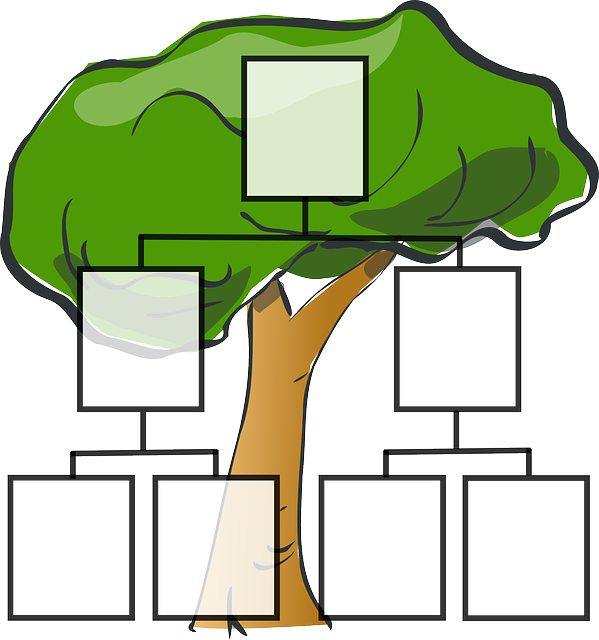
Learning more about your family history has a lot of benefits. According to a survey conducted in 2014, 28 percent of adults don’t feel like they know as much about their family history as they wish they did. When you learn about your own family history, it helps you to realize where you came from and learn about the fascinating experiences that brought you to where you are now.
Keeping Family Traditions Alive
Studying your family tree can provide you with an opportunity to learn about traditions and histories that you would never have known about without doing some research. Every single person in the United States has a family member who immigrated from somewhere, so you can learn about unique cultural traditions that may have been prevalent in your own family. This allows you to then pass on these traditions to your own family members, whether you have children or siblings that want to share in the fun.
Learning More About Your Ancestors
With the boom of online access to public records and other documents, finding information about your family is easier than ever. Additionally, many online genealogy websites provide space to input stories and photos about family members, which helps to keep them alive. People who lived long before us tend to become historical figures, defined by their birth and death dates, but when they are members of our families, it is much more interesting to think of them in terms of life experiences and stories that define who they are as people.
Understanding Your Family’s Medical History
Another benefit of learning about your family history is that it gives you the option to know what diseases family members may have had during their lives. This can allow future generations to be on the lookout for signs and symptoms, which may lead to earlier detection and higher chances for successful treatment. You can also study the genetic makeup of your family members, which can be a tool to determine what risk factors you may have in your future.
Having Improved Social and Emotional Health
When you learn more about where you came from, studies show that your emotional health is often better than someone who knows nothing about his or her past. Emotions tie closely to how we identify ourselves, so learning about our ancestors provides a way to feel more connected to others. A recent study also shows that teenagers who study their own family histories also have stronger social skills than their peers who do not. Teenagers often struggle with feelings of not fitting in, so finding where they fit in the family is a great tool to combat this issue.
Building Strong Bonds
If you have grandparents or even great-grandparents who are still alive, one of the best ways to learn more about them is to simply talk to them. Ask questions and write down the answers so you can share them with future posterity. These questions may include things about how your grandparents met, personal stories from their own childhoods that are meaningful, and important lessons they have learned in their lives. When you talk to members of the older generations, you will be able to strengthen familial bonds while taking an interest and learning more about their lives.
Sharing What You Learn With Extended Family Members
Searching for family history used to involve poring over old newspapers and microfilms to find dates and other pertinent information to fill in on a family tree. However, with the prevalence of online genealogy sites, you can now perform a simple web search and learn more about your family members. Crestleaf.com is a great example of one resource since it has space to include stories and photographs of family members. One key benefit of using the website instead of keeping all records on paper is that other members of your family can find the information you have found and shared.
Family history is a great tool to connect you with your ancestors and understand more of why you are who you are. Spending time getting to know family members, whether they are alive or dead, provides you with a way to keep these special stories alive for years to come.
Photo Credit: Pixabay
Comments
11 responses to “6 Reasons Why Your Family History is Important to You”
I always love hearing about my family’s ancestry. It’s important to pass down our family history to our children.
I think it is very important to learn about our family history. I need to jot down the stuff that I know.
I hardly know anything about my family, but I do know that John Wayne is my second cousin on my grandfather’s side. That’s kinda cool.
That is kinda cool. Thank you for sharing Heather.
so grateful my grandmother was a writers we have a lot of family history stories
I wish that my grandparents would have written down some things for us. I remember some of the stuff they shared with me but I was very young at the time.
Couldn’t agree with you more, especially the part about medical history.
Thank you for your comment. I agree that keeping up with your family history can be an important part of the puzzle if you come down with a serious illness, disease, or chronic condition.
both my kids are growing up speaking spanish english and sign language, communication is key here and i want to give them the best start they can.
This is a great idea Katrina. Have you shared with your children some of their family history?
As a human, it is vital to know where you came from. It helps you understand your personality and guides you in terms of your health and well-being. Nice post!